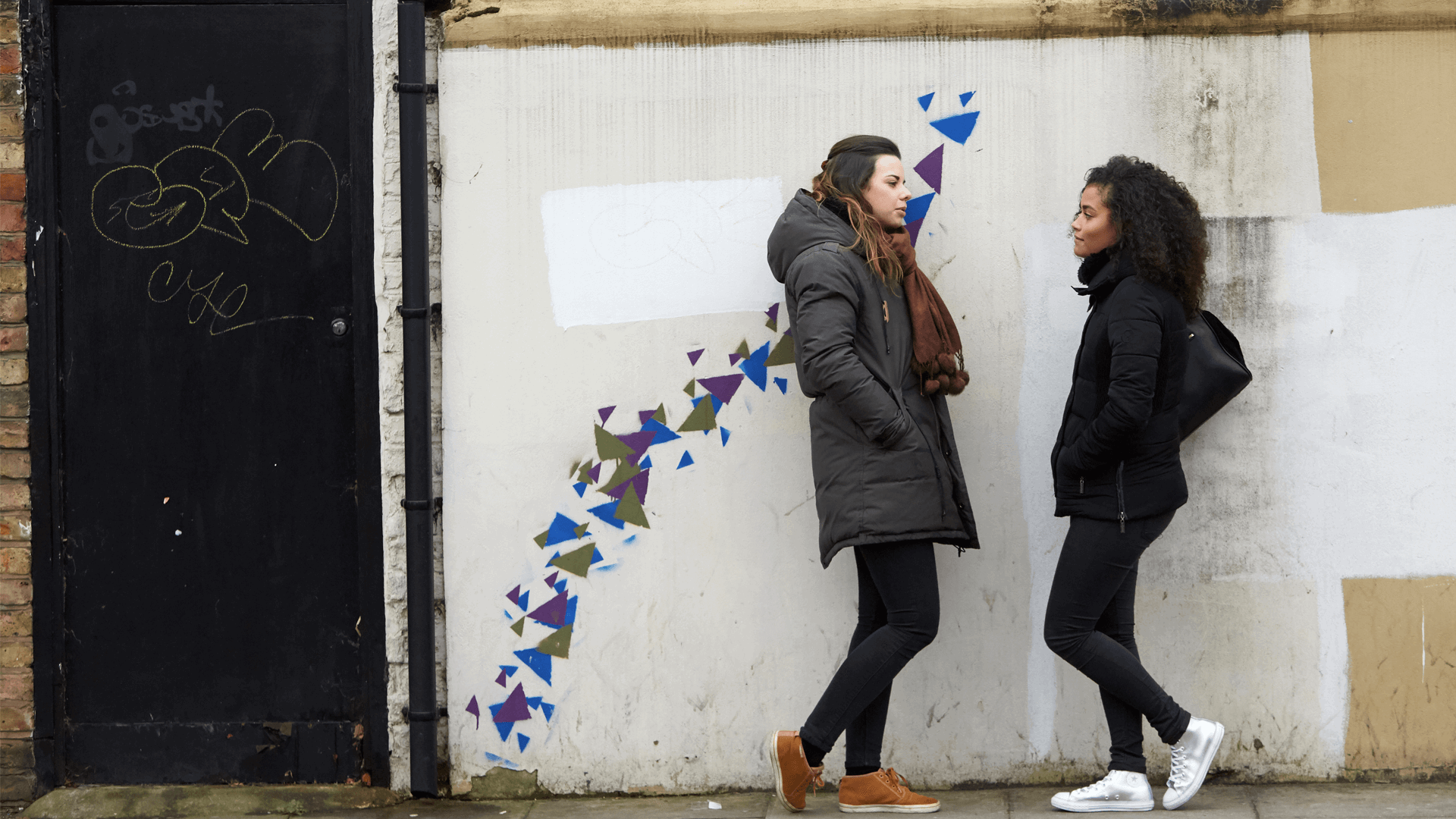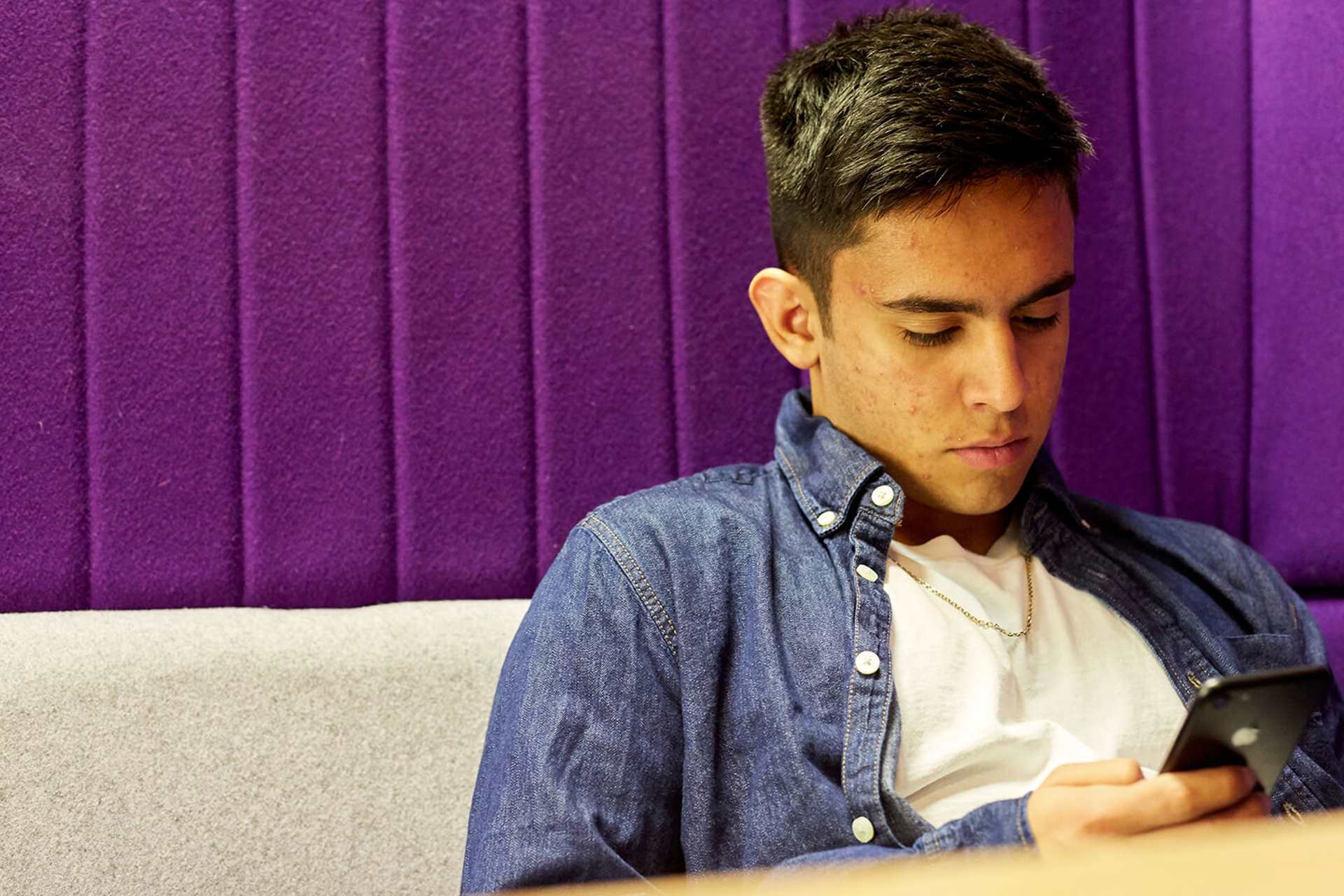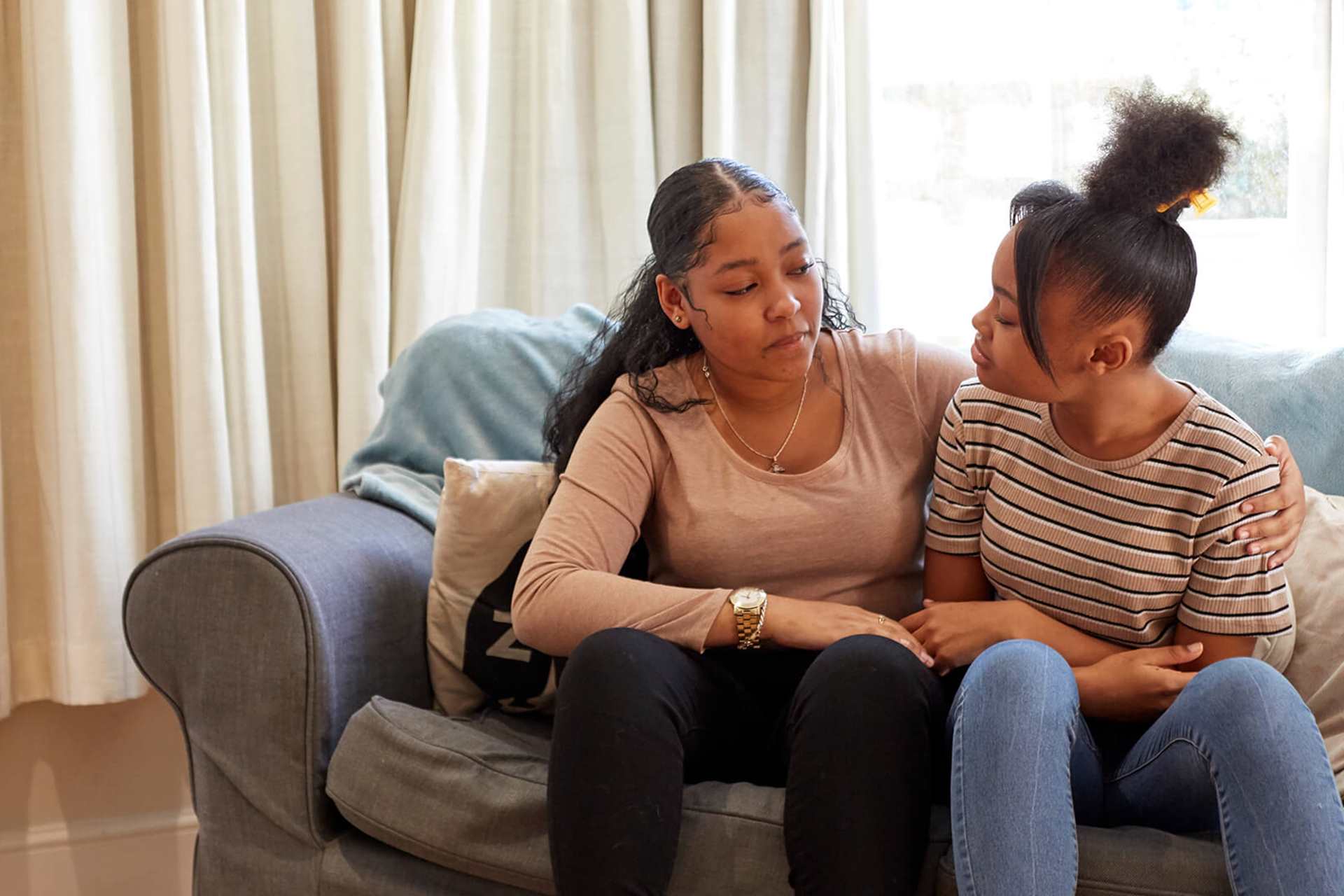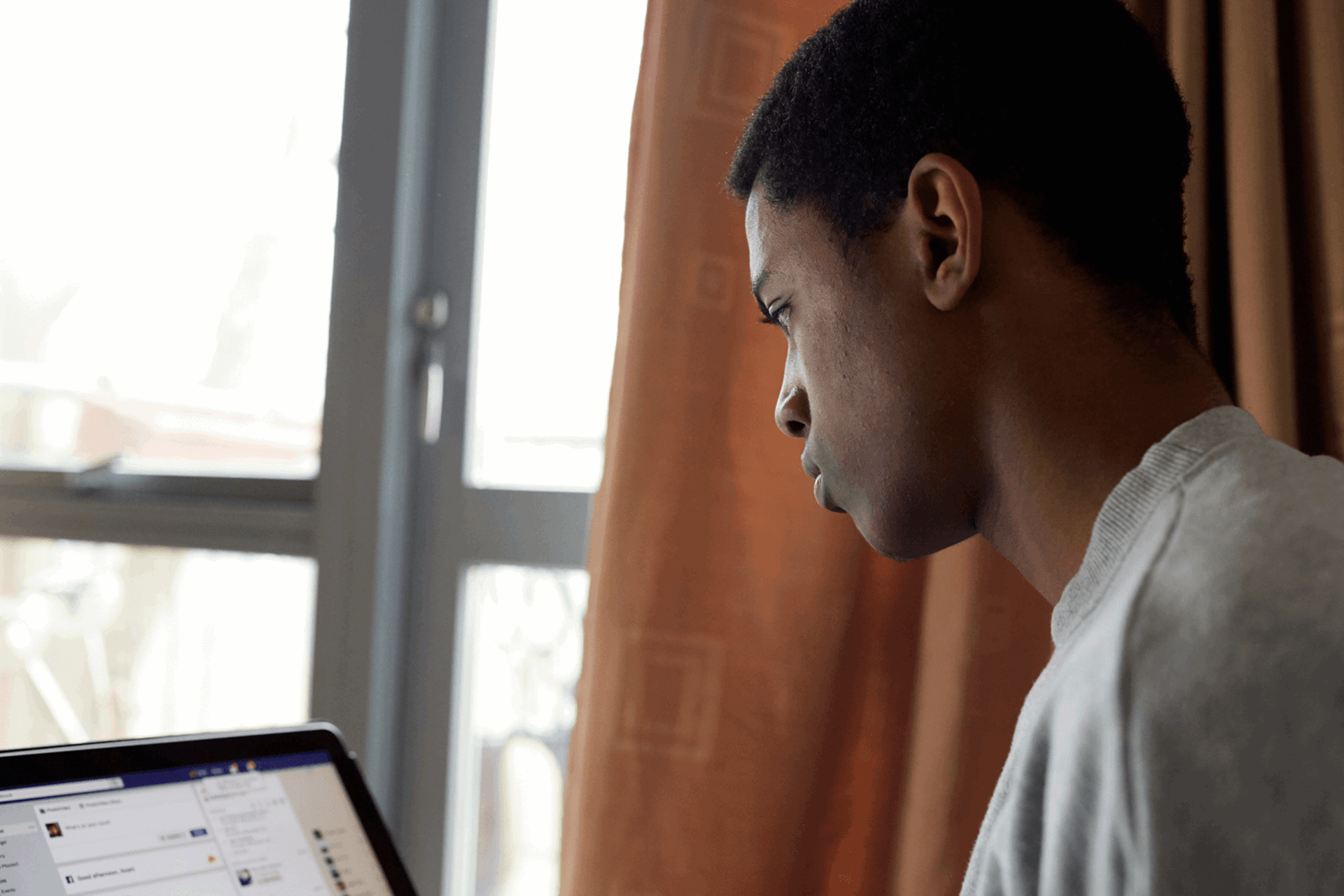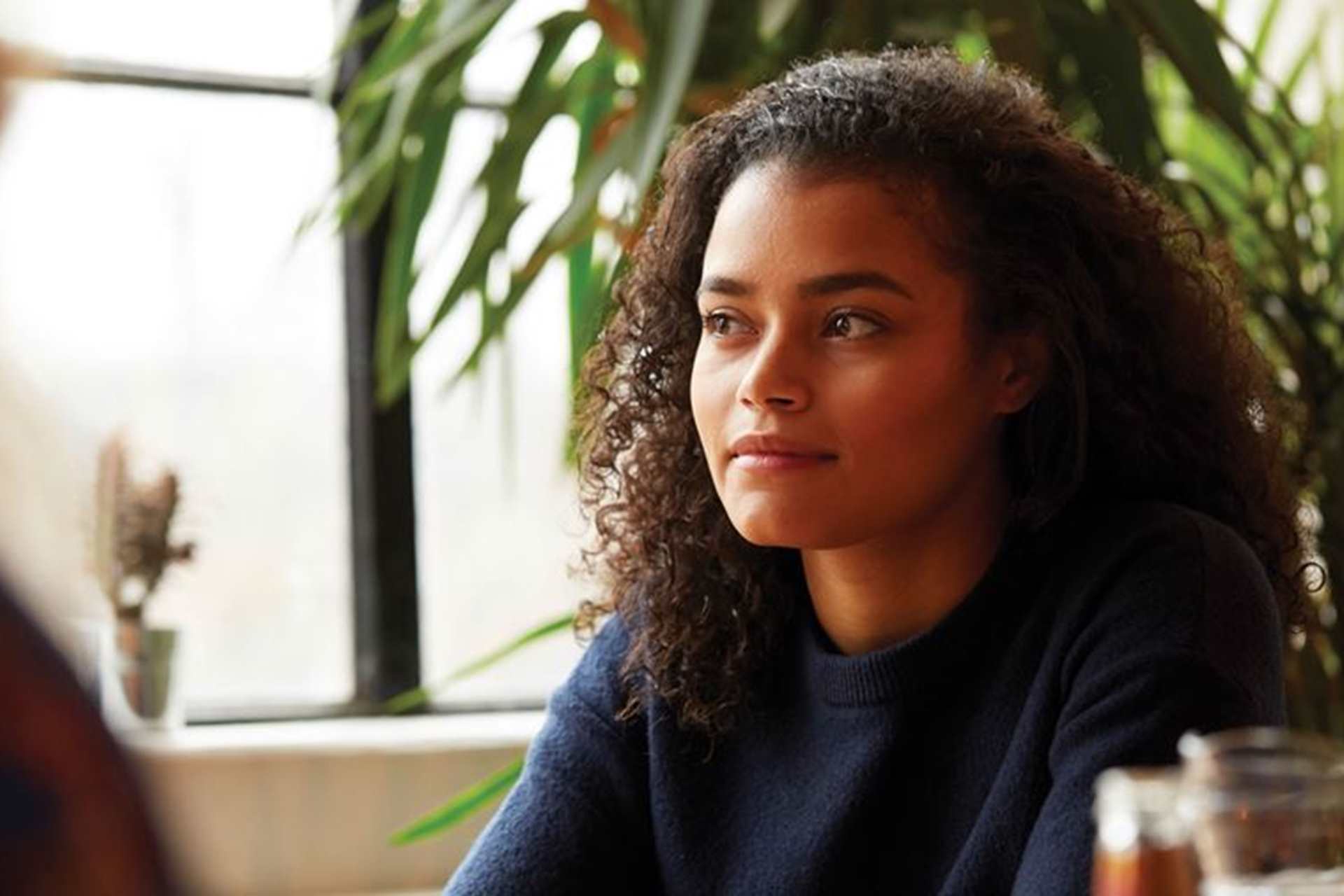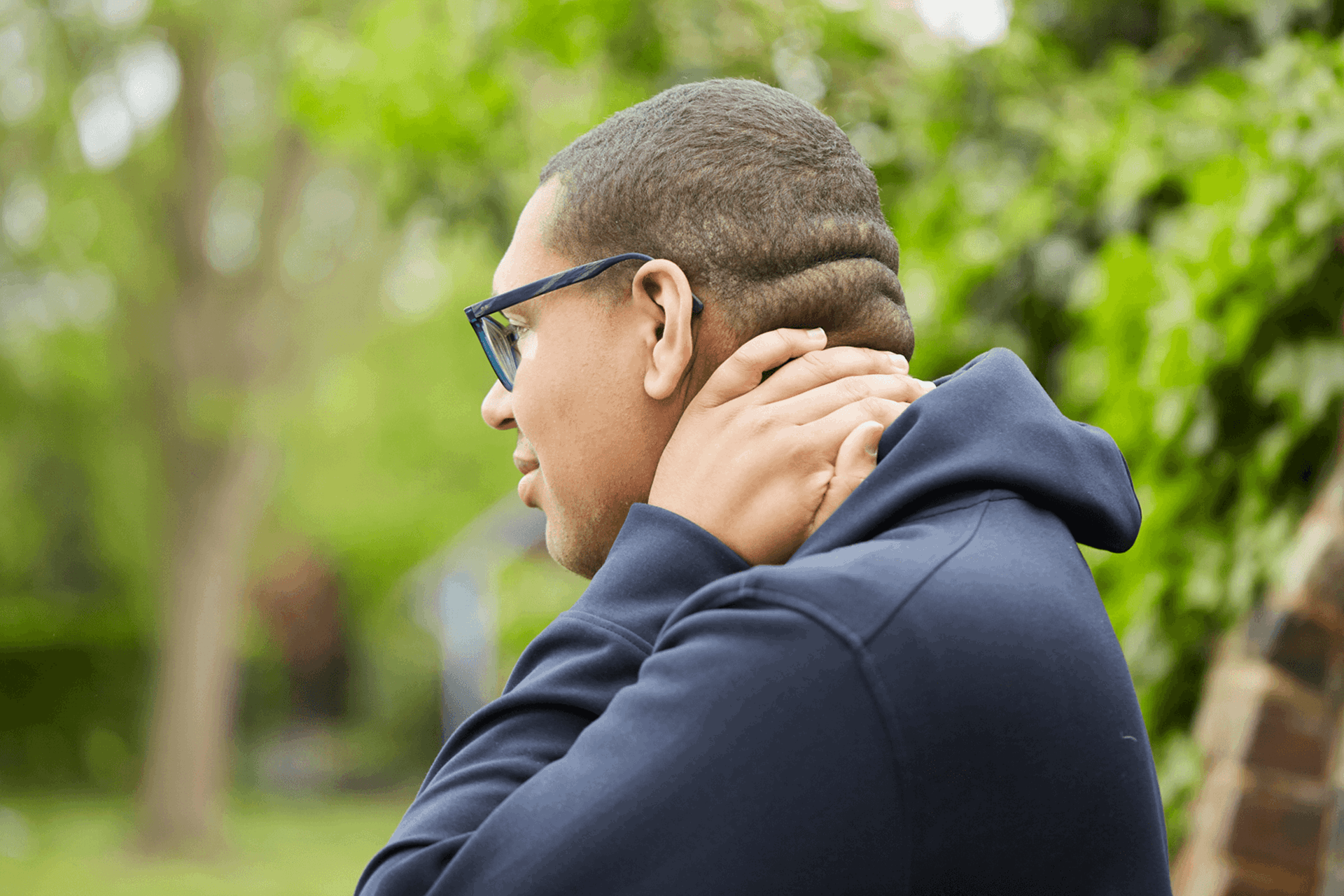Topics mentioned: counselling and therapy, mental health support, reaching out for help
Author: Caitlin, 19
About: Going to counselling can be a daunting experience, especially if you've never done it before. Caitlin explains what you can expect.
Counselling can be a daunting experience. You're expected to open up about all sorts of things to someone who is essentially a stranger, so feeling a bit anxious about it is totally understandable. It can be especially daunting when you've been on a waiting list for a long time after your referral - all that time waiting can also bring anxiety. To help, here are some things to keep in mind before your first appointment.
Counselling is guided by you
The first thing to know is that counselling sessions are guided by the patient, so you have no obligation to fulfill, and counsellors will not have expectations of you. This means that it’s up to you when it ends or whether your appointments change in frequency.
A counsellor won’t push you to talk about something that makes you feel uncomfortable - you only have to talk about things that YOU want to talk about. And just as you can do in a regular situation, you can say you’re uncomfortable with the topic and move on; just because they’re your counsellor doesn’t mean you are obliged to talk.
However, it’s important to remember that your counsellor is working in your best interest, even if you may doubt that at times.
A counsellor won’t push you to talk about something that makes you feel uncomfortable - you only have to talk about things that YOU want to talk about.
You'll feel more comfortable over time
At the start, you’re likely to feel anxious about talking with a stranger. However, over time you will begin to feel more comfortable.
Even when you are comfortable, it is still normal to feel stressed or anxious before some sessions. Whether that be because of where you’re at mentally, or because you’re not ready to talk about something, it is totally normal to feel this way. If you regularly feel anxious before appointments, try talking to your counsellor about this – it may help combat the anxiety.
If your counsellor is asking questions, it’s not to challenge you or intimidate you. It’s usually because they want a deeper understanding of what is going on so that they can advise you better.
If you regularly feel anxious before appointments, try talking to your counsellor about this – it may help combat the anxiety.
Clearing up some common myths
- Counsellors cannot read minds. I study psychology and on our first day we were told “people will ask you any time you mention studying psychology if you can read their mind.” We can’t.
- You don’t lie on a sofa staring at the ceiling. Usually you sit in a regular chair - at my counsellor’s office, we each have a sofa.
- In my personal experience, they don’t take notes on everything you’re saying.
You don’t lie on a sofa staring at the ceiling. Usually you sit in a regular chair - at my counsellor’s office, we each have a sofa.
It takes time
It’s important to realise that counselling is not a quick fix. It takes a lot of time and effort, and you have to be engaged in sessions and follow what your counsellor is saying in order for it to work effectively.
Also, counselling is often done in combination with medication. It depends on the individual as to what works best. You may find both counselling and medication work for you, or you may find only one of these things helpful. It’s important to figure out what works best for you.
It’s important to realise that counselling is not a quick fix. It takes a lot of time and effort, and you have to be engaged in sessions and follow what your counsellor is saying in order for it to work effectively.
With counselling, you may need to try more than one session to work out if it’s the best course of action for you. If you’re feeling uncomfortable, discuss this with your counsellor. You could try a different one, because different counsellors have different styles. However, they will always try to accommodate you as much as they can.
If you’re anxious about starting counselling, I know how you feel, but you’ve got this. It may be daunting, but it’s a big step towards your recovery, so congratulate yourself for taking it.
More information and advice
We have tips and advice to help you find the support you need. Take a look at our guides.
Where to get help
However you're feeling, there are people who can help you if you are struggling. Here are some services that can support you.
-
Childline
If you’re under 19 you can confidentially call, chat online or email about any problem big or small.
Sign up for a free Childline locker (real name or email address not needed) to use their free 1-2-1 counsellor chat and email support service.
Can provide a BSL interpreter if you are deaf or hearing-impaired.
Hosts online message boards where you can share your experiences, have fun and get support from other young people in similar situations.
- Opening times:
- 24/7
-
No Panic
Supports people struggling with panic attacks, phobias, obsessive compulsive disorder (OCD) and other anxiety-related issues - and provides support and information for their carers.
Call 01952 680835 for a recorded breathing exercise to help you through a panic attack (available 24/7).
- Opening times:
- 10am - 10pm, 365 days a year
